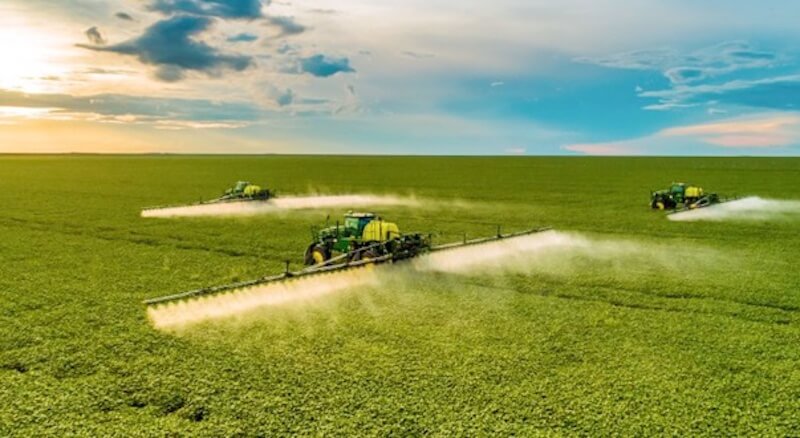
Weed management refers to the tactics utilized to minimize the proliferation and impact of undesired plants in gardens, lawns, fields, and other regions. Ensuring effective weed control is crucial for nurturing healthy plants, averting crop damages, and safeguarding the environment. There are primarily two categories of weed control: organic and chemical.
Organic weed management employs natural products and procedures to regulate weeds circumventing the application of artificial chemicals. Several natural approaches encompass manual weeding, mulching, hand-pulling, hoeing, and flame weeding. Manual weeding, although laborious and time-intensive, is an efficient strategy for smaller gardens or isolated spaces. Mulching involves overlaying the soil with organic substances, like wood chips, straw, or leaves, thereby suppressing weeds and conserving soil moisture. Hand-pulling and hoeing are other physical methods effective in eradicating weeds from garden beds and small regions. Flame weeding, utilizing propane torches, burns away weed foliage, but demands careful operation to avoid damaging surrounding plants.
Chemical weed control employs synthetic herbicides to exterminate weeds. These herbicides can be sprayed, scattered as granules, or applied as liquids, functioning by disrupting the plant's growth and development. Many herbicides are available in the market, including herbicides that prevent weed seeds from germinating. Glyphosate, a broad-spectrum herbicide, is the most popular but its potential to harm the environment is raising concerns.

Weed killer application systems encompass backpack sprayers, handheld sprayers, and tractor-towed sprayers. Backpack and handheld sprayers are apt for small gardens and isolated spaces, while tractor-towed sprayers are utilized for large fields and commercial operations. These application systems can deliver both organic and chemical weed killers.
Both manual and tractor-towed weed suppression are potent strategies for weed growth control. Manual suppression incorporates hoeing, hand-pulling, and other physical weed removal techniques. Tractor-towed weed suppression deploys mechanical tools, like cultivators, rotary hoes, and disk harrows, to disrupt soil and destroy weeds. However, these methods necessitate considerable labor and machinery.
The type of weed killer chemicals employed depends on the target weed species and the desired result. Glyphosate, 2,4-D, dicamba, and atrazine possess unique methods of achieving weed control. Unfortunately, these chemicals have been associated with bee colony collapse, and cancer.
Weed management plays a pivotal role in plant care, with options for both organic and chemical weed control. While organic methods employ natural products and techniques, chemical methods use synthetic herbicides. Weed killer delivery systems include backpack sprayers, handheld sprayers, and tractor-towed sprayers, along with manual and tractor-towed weed suppression for weed growth control. Nonetheless, the use of chemical weed control agents can lead to harmful long-term consequences for both the environment and human health. These potential risks must be carefully considered before deciding on a weed control strategy.
Ready to transform your land into a high-yield, sustainable farm? Let Crop Circle Farms design and build a custom, low-impact, and water-efficient farm tailored to your needs. Double your income and cut your costs in half! Contact Us
Help us expand our mission to revolutionize agriculture globally. We are seeking partners to implement Crop Circle Farms to feed people in need. Together, we can build scalable food production systems that save water, reduce costs, and feed thousands of people. Contact Growing To Give